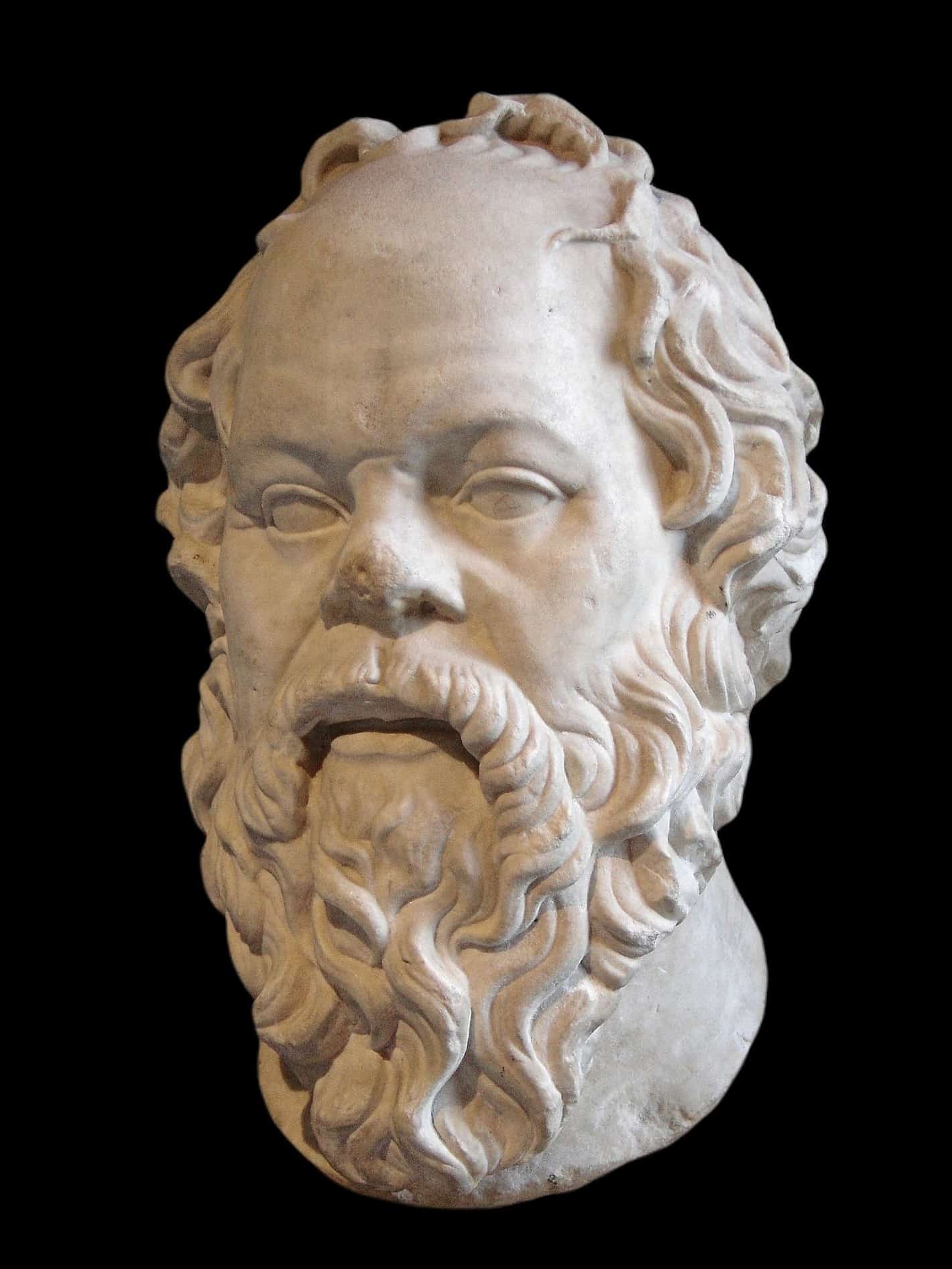Context is important, but too often history is presented and accepted without necessary context that explains the otherwise inexplicable or broadens our understanding of things that seem hard to understand. Take the trial of the philosopher Socrates. Most know of it only as a miscarriage of justice by irrational Athenians. That ignores the context of the time and circumstances, of a trial that occurred soon after a popular revolution had overthrown a tyrannical regime dominated by Socrates’ students, that had murdered thousands. Seen from that perspective, public resentment of the tyrants’ teacher might explain why the Athenians were so sore at Socrates. Following are thirty things about that and other historic facts that are often presented out of context.

ADVERTISEMENT - CONTINUE READING BELOW
30. The Context of Socrates’ Trial and Execution
Ancient Greek philosopher Socrates (470 – 390 BC), the first moral philosopher of the Western ethical tradition, is deemed a founder of Western philosophy. The widely accepted narrative is that he was an honest man who asked uncomfortable questions that his fellow Athenians did not like. So in a great miscarriage of justice, they railroaded, tried and executed him. At least that is how his most famous pupil, Plato, put it. However, if one digs into the context of what was going on in Athens at the time, that narrative begins to lose its shine.
To many at the time, Socrates could have been viewed as a guru who taught some nasty people and filled their heads with anti-democracy views. His students then went on to do horrible things. There is no historic evidence that Socrates personally did any of the bad things to his worst pupils. When called upon to personally participate in evil, he went home instead. However, when one considers how contemporary Athenians might have seen it, Socrates could be compared to a modern radical imam who might not personally get his hands dirty, but whose preaching fires up others and inspires them to do awful things.

